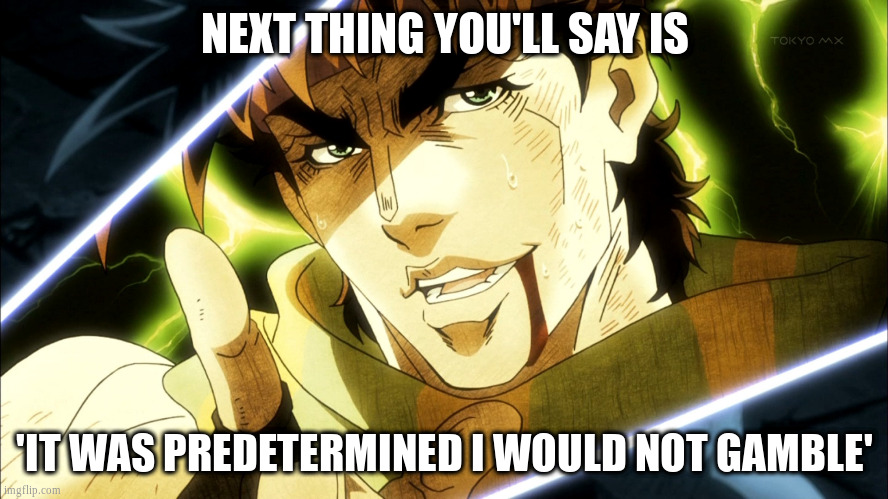I've been interested in physics since I was a kid, and read many books on the topic. The thought experiments of Einstein that led to his theories of relativity were some of the earliest topics I encountered. If you have not read of that, do so . . . I will wait.
So we come to the EPR paradox. The new field of quantum mechanics in the 1920s presented this conundrum - that particles could have entangled properties but that those properties would not become determined until a measurement event, at least according to Bohr. But upon one measurement, both particles states would be determined even if they were separated, and this determination would be instantaneous - faster than light.
The EPR paradox received further attention in the 1950s and led to the Bell's Inequalities - describing the paradox in some detail. Bell proposed solutions to the paradox which are each a bitter pill in their own way. Some have received greater press, but there is nothing yet known to choose among them. Two that are most conspicuous are 1) a multiverse - all the outcomes exist in separate parallel universes, and 2) hard determinism - the paradox arises from quantum mechanics being predictive, but spacetime is complete and only one outcome actually exists - always has and always will.
The more I have thought on these options, the less possibility I can grasp for matters spiritual. The multiverse scenario seems ridiculously uneconomical to my admittedly-Calvinist upbringing, but if all outcomes exist, what judgement can there be for how a person lives (i.e. we live in ALL the ways we can). The hard determinism scenario is crystalline. We do not actually have any free will whatsoever - not even the free will to take advantage of being completely inculpable for our actions.
I think there may be a more mystical way of thinking of hard determinism though - a koan, if you will. We are agents of causality within a complete four-dimensional spacetime. We bring the crystalline structure of the universe into existence by virtue of our own existence in some way.
